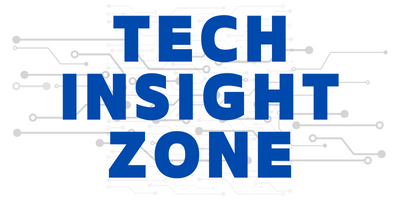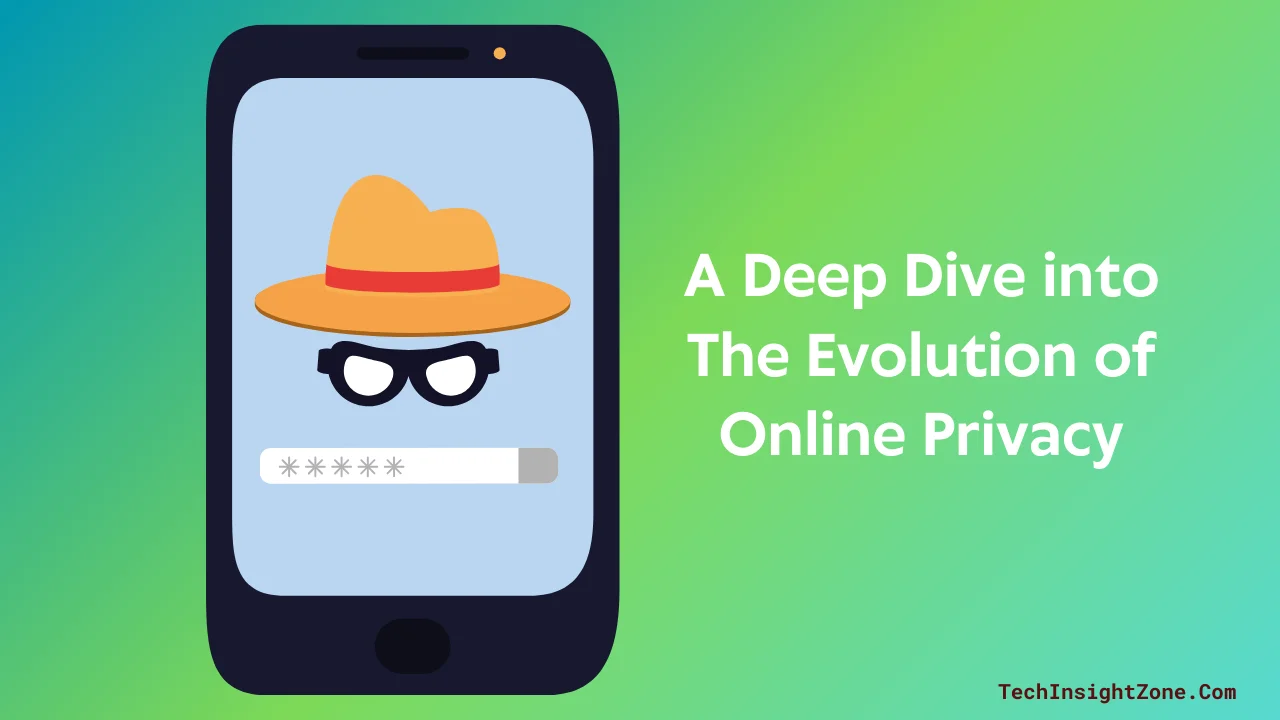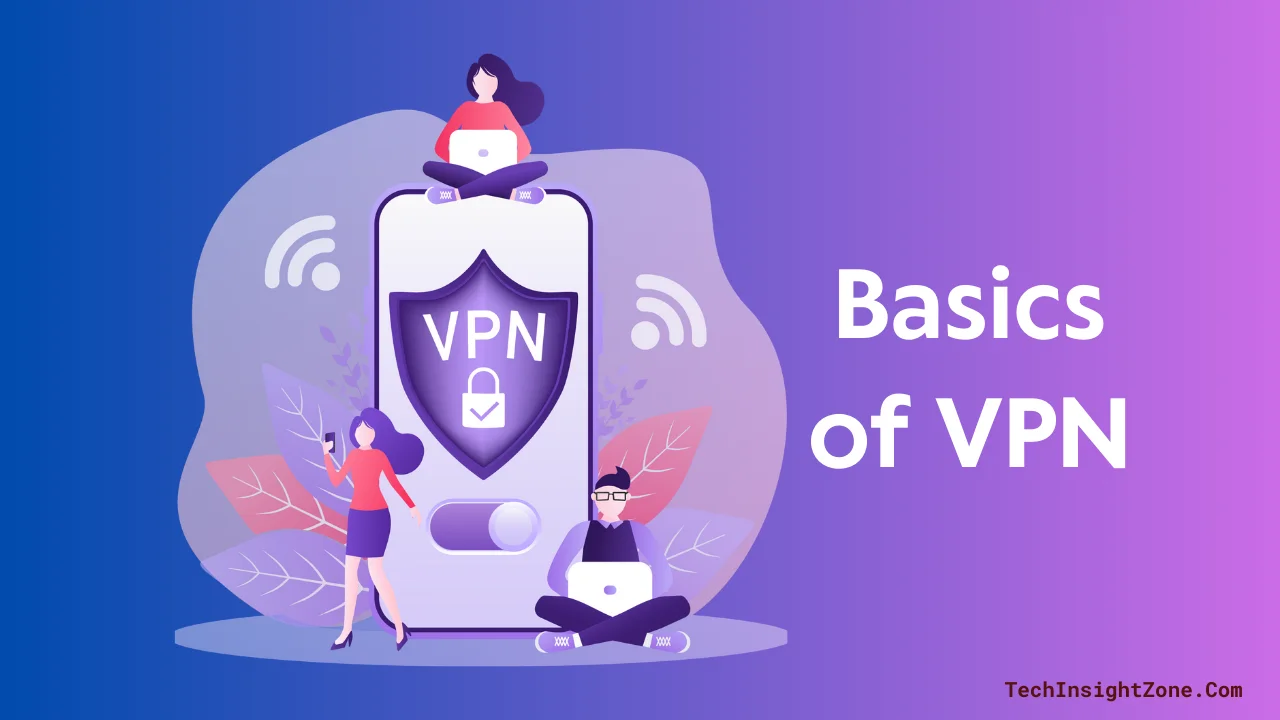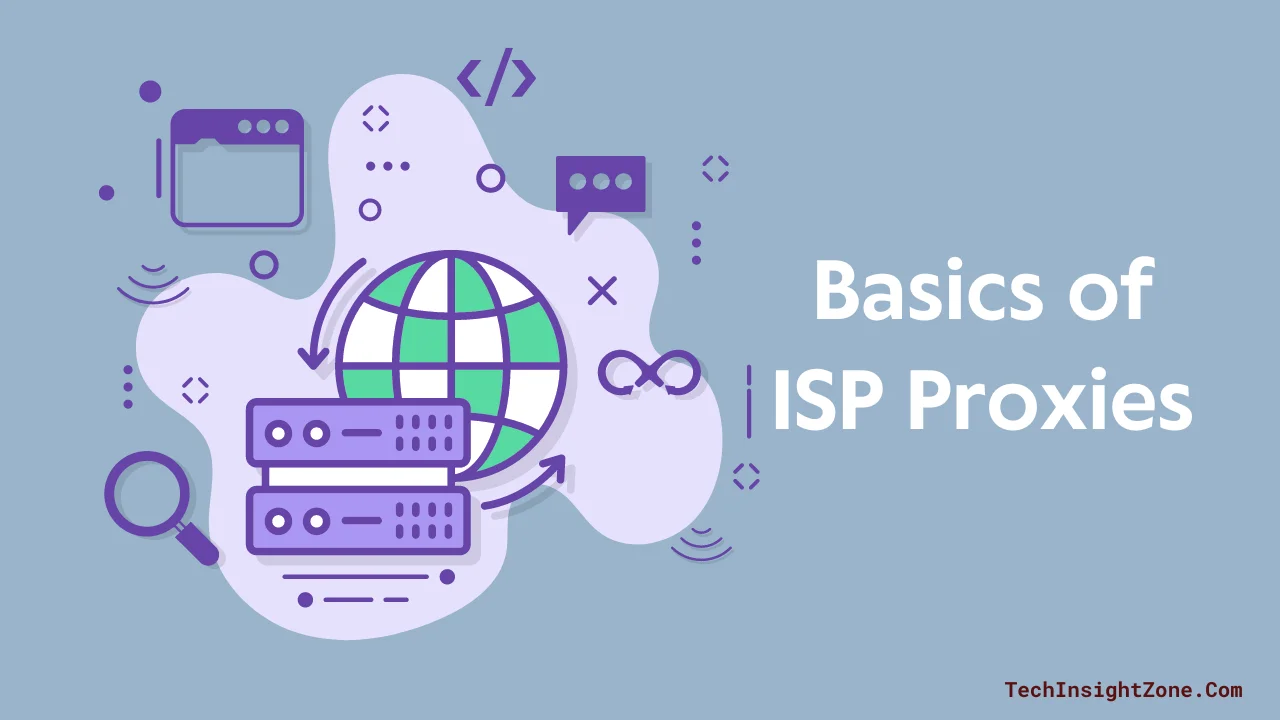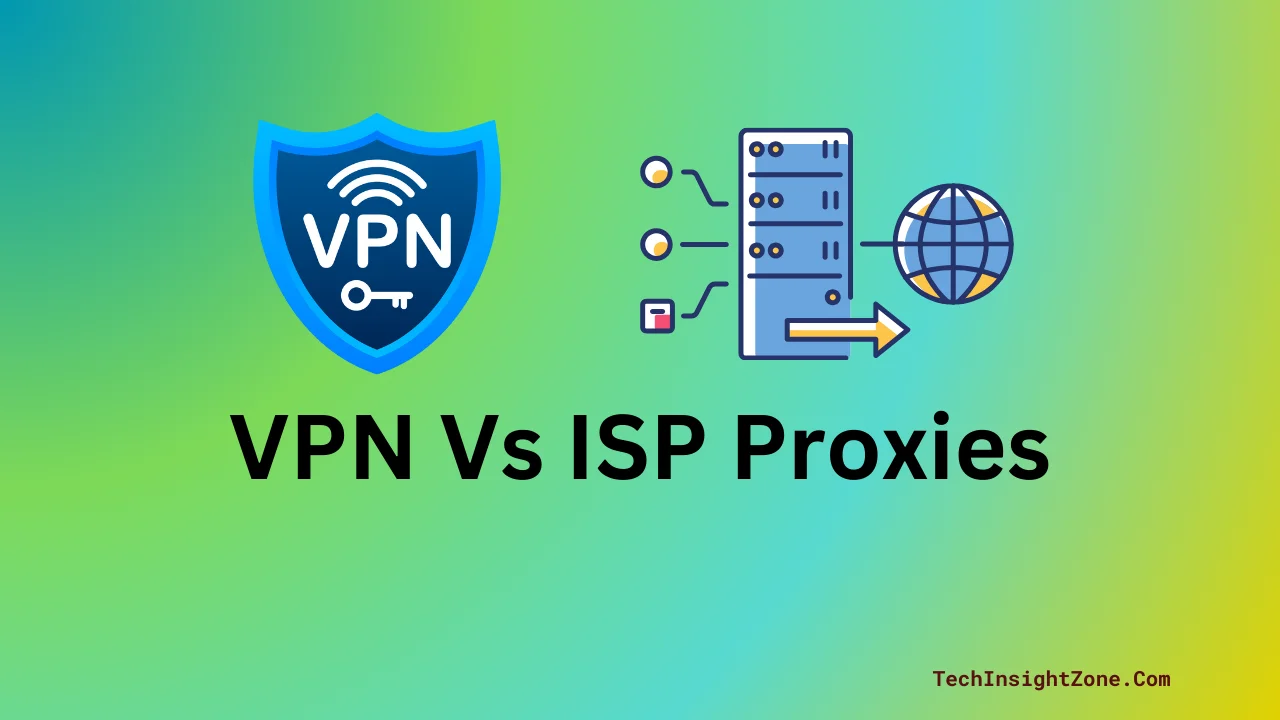As digital privacy concerns grow, the tools we use to protect our online identities have evolved. From basic measures to sophisticated solutions, Virtual Private Networks (VPNs) and Internet Service Provider (ISP) proxies are now essential tools in the fight for online privacy.
In this article, we’ll dive into the evolution of privacy tools, and explain how VPNs and ISP proxies work, their specific use cases, ethical and legal implications, and why ISP proxies are becoming increasingly popular in today’s online security landscape.
The Growing Importance of Privacy in the Digital Age
Online privacy has become a paramount concern in the digital age, driven by the surge in surveillance, data breaches, and targeted advertising. High-profile scandals like the Cambridge Analytica data leak and the Edward Snowden revelations have revealed the extent of corporate and government access to our personal data.
Moreover, with the rise of smart devices, AI-driven tracking, and the Internet of Things (IoT), individuals and businesses alike face more sophisticated threats to their privacy than ever before.
Examples of recent data breaches and surveillance incidents:
- Equifax data breach (2017): One of the largest data breaches in history, affecting millions of consumers and exposing sensitive personal information.
- Facebook Cambridge Analytica scandal (2018): A political consulting firm obtained the personal data of millions of Facebook users without their consent, raising concerns about the misuse of social media data.
- Government surveillance programs: Revelations by Edward Snowden in 2013 exposed mass surveillance programs conducted by various governments, including the United States and the United Kingdom.
These events have accelerated the demand for privacy tools, leading to the widespread use of VPNs and more recently, the adoption of ISP proxies by individuals and businesses.
Now, let’s learn the basics of VPNs and IP Proxy in the coming sections and find what would be ideal for you.
How VPNs Work and Their Limitations
A Virtual Private Network (VPN) creates a secure, encrypted tunnel between your device and a remote server, masking your IP address and making it difficult for others to track your online activities. VPNs are often used for:
- Securing Public Wi-Fi: Protecting your data from hackers on unsecured public networks.
- Accessing Geo-Restricted Content: Bypassing censorship or restrictions to access content blocked in certain regions.
- Protecting Privacy: Concealing your browsing activity from your ISP, governments, or malicious actors.
Technical Overview:
- VPNs use encryption protocols like OpenVPN, L2TP/IPsec, or WireGuard to secure the data traveling between your device and a VPN server.
- They work by assigning you a new IP address, which is used to route traffic through a remote server, making your online identity harder to trace.
However, VPNs have limitations:
- Detection by Websites: Websites, especially streaming platforms like Netflix or Hulu, have become adept at detecting and blocking VPN traffic.
- Logging Policies: Not all VPNs have strict no-logging policies. Some may store connection logs or metadata, posing a risk to your privacy.
- Speed Reduction: VPNs encrypt your data, which can slow down connection speeds, especially when routing through distant servers.
- Shared IP Addresses: Most VPNs assign a single IP address to multiple users, making it easier for websites to detect suspicious activity and block access.
Now, let’s talk about ISP Proxies.
How ISP Proxies Work and What Sets Them Apart
ISP proxies (Internet Service Provider proxies) are a more advanced solution for online privacy. Unlike traditional datacenter proxies, ISP proxies use IP addresses provided by real residential or business ISPs. These IP addresses look legitimate to websites, making them much harder to detect and block.
Technical overview of ISP proxies:
- Real IP addresses: ISP proxies assign users real IP addresses that are indistinguishable from typical residential or business internet connections.
- Routing through ISP networks: When you use an ISP proxy, your requests are routed through an ISP-provided IP, effectively masking your real IP while still making it appear as though the traffic originates from a real residential location.
Advantages of ISP proxies:
- Better bypass of geo-restrictions: ISP proxies allow users to access region-locked content more effectively than VPNs, as websites are less likely to detect them as proxy traffic.
- Faster speeds: Since ISP proxies don’t require the heavy encryption overhead of VPNs, they offer faster connections, making them ideal for data-heavy applications like streaming, scraping, and SEO monitoring.
- Unique, authentic IP addresses: Unlike VPNs, where multiple users share an IP, ISP proxies provide more unique IPs, reducing the chance of detection by anti-fraud and anti-scraping mechanisms.
- Superior anonymity: ISP proxies offer a higher level of anonymity, especially for businesses needing to conduct research or access competitor websites without triggering anti-scraping or anti-bot systems.
ISP proxies are particularly useful for web scraping—a key activity for gathering business intelligence. However, excessive or unethical scraping can cause harm, leading to legal or ethical issues. ISP proxies allow for responsible data scraping by mimicking normal user traffic through real IP addresses, reducing the chance of being blocked or flagged by websites.
However, businesses must follow the best practices for ethical data scraping, like some websites prohibit scraping entirely. Businesses must ensure they respect terms of service to avoid legal repercussions.
Beyond privacy, ISP proxies offer security benefits. By assigning real IPs, they make it harder for malicious actors to track or profile users. They also come with the inherent security infrastructure of residential or business networks, adding protection that VPNs and data center proxies may lack.
However, like any tool, ISP proxies have their limitations. Let’s explore those next.
Limitations of ISP Proxies: A Balanced View
- Higher Costs: ISP proxies tend to be more expensive due to the premium nature of real residential IPs.
- Limited Availability: Because ISP proxies rely on real IP addresses, they can be less available, especially during high-demand periods.
- Potential Speed Variability: The performance of ISP proxies may fluctuate based on the quality of the residential or business internet connection they’re tied to.
- Still Subject to Detection (Though Rare): While it’s far less common, some websites have advanced detection tools that can still identify and block ISP proxies under specific conditions.
But in general, for a business-level operation, ISP Proxies will provide an edge. Here is how you can get started with an ISP Proxy:
How You Can Get Started with ISP Proxies: 3 Implementation Tips
For businesses or individuals ready to adopt ISP proxies, starting is relatively simple. You will find many reputable services online like IPRoyal that offer easy-to-integrate solutions with comprehensive support.
But before you choose one, make sure you keep these basic in mind:
- Choose a Reputable Provider: Look for a service that offers transparent policies, strong privacy protections, and a diverse range of IPs.
- Identify Your Use Case: Whether it’s for geo-restricted content access, data scraping, or online anonymity, define your specific needs to select the right proxy service.
- Set Up the Proxy: Many providers offer step-by-step guides to configure ISP proxies with your browser, software, or applications, making it straightforward to get started.
So, What Should You Choose? VPNs or ISP Proxies
Deciding whether to use a VPN or an ISP proxy ultimately depends on your specific privacy and access needs. Both tools serve valuable purposes, but each shines in different scenarios.
When to Use a VPN:
- Personal Security on Public Networks: VPNs are great for protecting your data while using unsecured public Wi-Fi.
- Simple Geo-Restriction Bypass: If you’re looking to access streaming platforms or region-locked websites with minimal hassle, VPNs work well for casual users.
VPNs remain a solid choice for individuals who want straightforward online security and privacy, especially when ease of use and cost are priorities.
When to Use an ISP Proxy:
- Advanced Data Scraping and SEO Monitoring: ISP proxies are essential for businesses engaged in large-scale data scraping, SEO research, or competitive analysis that require consistent access to regional data without triggering bans.
- Overcoming Stronger Geo-Restrictions: When websites or platforms block VPN traffic, ISP proxies offer a more robust way to bypass these restrictions.
- Managing Multiple Accounts Safely: For professionals needing to handle multiple accounts across various platforms (social media, e-commerce, etc.), ISP proxies provide a reliable way to avoid detection and maintain seamless operations.
While VPNs are a great choice for everyday privacy and moderate restrictions, ISP proxies are indispensable for users and businesses seeking enhanced privacy, access, and operational flexibility.
With the right tool for the right task, you can ensure your online activities are not only secure but also efficient and compliant with evolving privacy standards.
